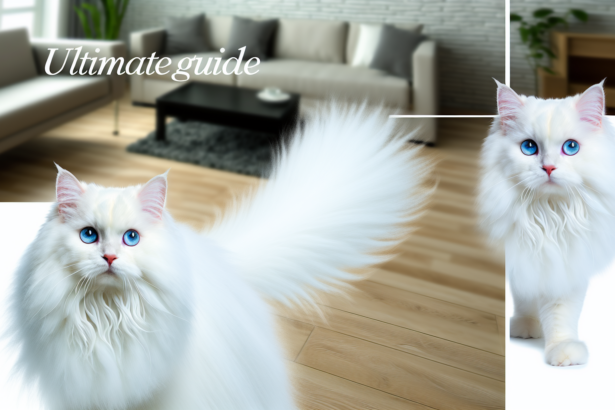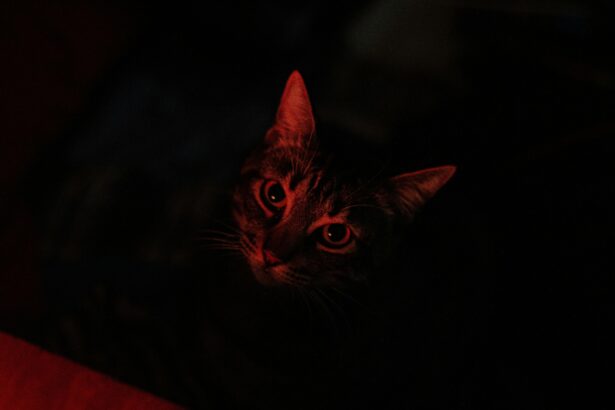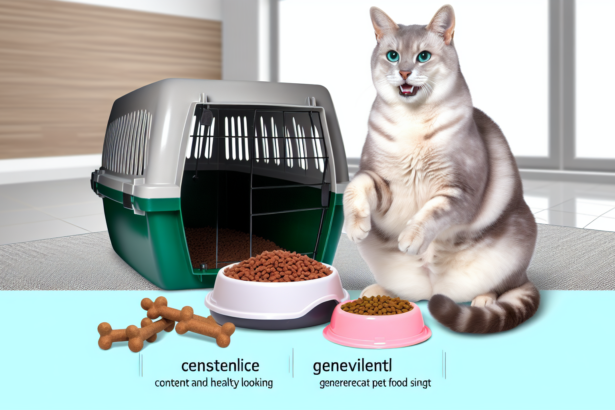Understanding your cat’s memory: not so fickle after all
Your cat isn’t a little goldfish with whiskers. Felines use both short-term “working” memory and long-term associative memory to navigate their world, remember where the sunbeam hits at 2 p.m., and yes—who fills the bowl. Their memory is shaped by emotion, repetition, and reward, which is why meaningful moments tend to stick.
So, can a cat really forget you? In most loving households, that’s unlikely. Cats build a web of cues around you—your scent, voice, footsteps, routine—and those cues anchor their memory beautifully.
Short-term vs. long-term: what actually stays?
Short-term memory helps your cat solve small problems (Where did that toy go?). Long-term memory keeps the important stuff: safe places, trusted humans, the cabinet that suspiciously rattles before treats. Repeated, emotionally charged experiences tend to last the longest.
Curious how their senses support this memory magic? Their extraordinary perception plays a big role in recognition and routine formation. If you love peeking into their world, you’ll enjoy reading about how cats see—it explains a lot about their daily choices.
Do cats remember their people?
Absolutely. Recognition isn’t just visual. Your scent, voice, and everyday patterns are powerful signatures. Research suggests cats can distinguish familiar human voices and even their own names, which supports what we see at home.
- A study found cats recognize their owner’s voice among others: Animal Cognition, Saito & Shinozuka (2013).
- Another showed many cats respond specifically to their names: Scientific Reports, Saito et al. (2019).
How your cat “files” you in memory
- Scent: Your skin, shampoo, laundry soap—your scent bouquet is unforgettable.
- Sound: Your voice, keys, footsteps, the way you say “Dinner?”
- Routine: Micro-rituals: the morning cuddle, the evening window watch, the treat tin.
Fun tidbit: many cats memorize door sounds and can tell which one means “my human is home.” The soundtrack of your life is part of their love story.
Time apart: will your cat forget you?
Short answer: not if you’ve built a bond. Most cats recognize their person after days, weeks, and even longer—thanks to scent and routine. What changes with longer absences is comfort, not memory: some cats get stressed and act out.
Signs your cat missed you (in their own way)
- Rushing to greet, circling legs, high-pitched trill-meows
- Rubbing, bunting, purring puddles
- Shadowing you from room to room—clingy, yes, but also adorable
If your cat seems unsettled at night after your return, this gentle guide on why cats meow at night can help you bring calm back quickly.
Bond boosters: simple ways to be unforgettable
- Original tip—Scent postcard: Before a trip, sleep in a clean, soft T-shirt. Leave it in your cat’s bed so your familiar scent anchors them while you’re away.
- Keep micro-rituals sacred: Same greeting, same snack timing, same cuddle corner. Predictability = safety in cat language.
- Play with purpose: 10 minutes of wand or chase after dinner helps your cat “file” you under fun and fulfillment.
- Voice connection: If a sitter visits, have them play a short voice note from you. Familiar sounds can soothe and reinforce recognition.
Looking to decode those sweet kneading sessions that say “you’re mine”? Here’s a lovely explainer on why cats knead.
A common mistake to avoid
Don’t overwhelm your cat the moment you walk in. Rushing, loud squeals, or scooping them up immediately can feel like a mini tornado. Sit down, offer a hand to sniff, speak softly, and let your cat choose the contact—this rebuilds trust fastest.
What about “selective memory”?
People often say cats “only remember what they want.” In reality, they’re brilliant at prioritizing what matters to them: safety, comfort, food, and connection. If your cat “forgets” the new bed but always remembers the treat drawer… that’s not stubbornness; it’s smart emotional filing.
Routine tweaks that help
- Re-entry routine: Arrive home, wash hands, greet gently, offer a treat, then do a short play. Repeat daily for a week after a trip.
- Calm cues: Soft music, steady feeding times, and scent continuity help the nervous system settle.
- Quiet bonding: Brush or slow-blink sessions are soothing and memory-friendly.
If your cat trails you like a tiny bodyguard, that’s a sign of trust and attachment. Here’s why your cat follows you everywhere—and how to embrace it.
Key takeaways
- Cats remember people through scent, sound, and routine—not just sight.
- Time apart can trigger stress, but it doesn’t erase a strong bond.
- Gentle reintroductions and consistent micro-rituals keep you unforgettable.
- Emotional moments and repetition help memories “stick.”
FAQ
How long can a cat remember its owner?
There’s no universal timer, but meaningful bonds and repeated routines help cats remember their humans after long breaks—recognition relies on scent, voice, and habits.
Do cats miss their owners when they’re away?
Many do. Signs include extra vocalizing, decreased appetite, clinginess, or changes in sleep. Keep routines steady and use familiar scents to support them.
What helps my cat remember me during a trip?
Leave a worn T-shirt in their bed, keep feeding/play schedules consistent via a sitter, and use the same greeting ritual when you return.
Why does my cat act distant after I come home?
Some cats need a little time to process change. Sit quietly, let them approach, and rebuild your routine—most warm up quickly once they feel safe again.








